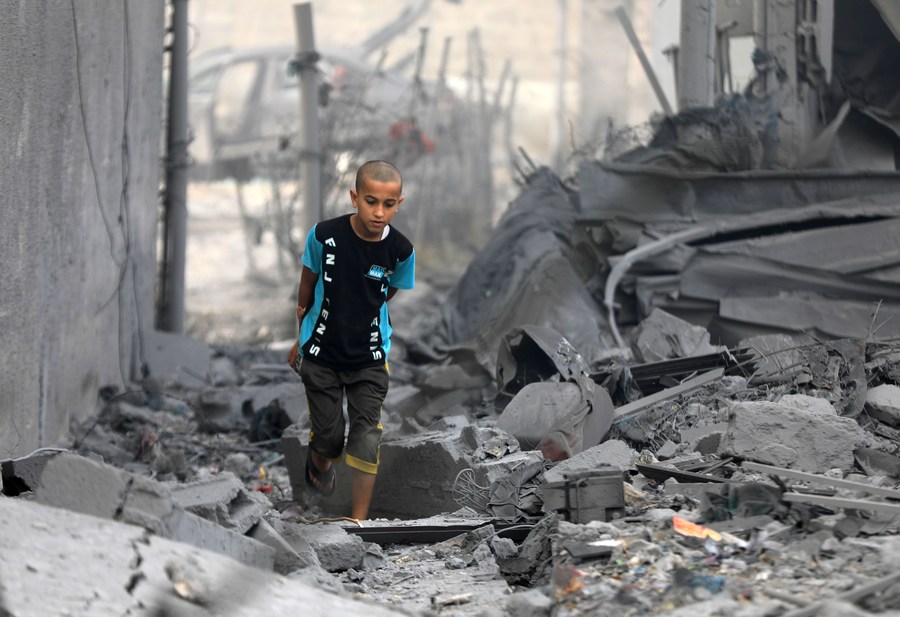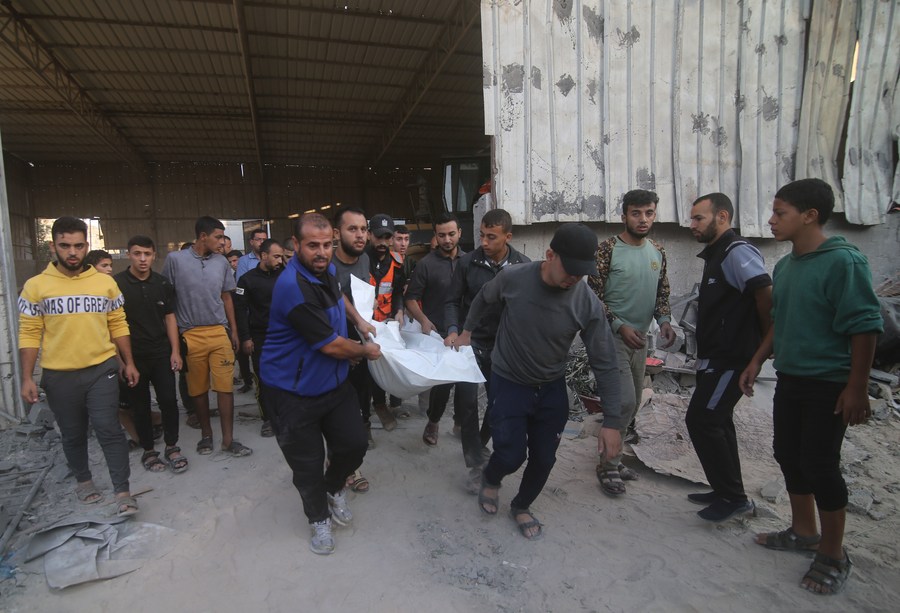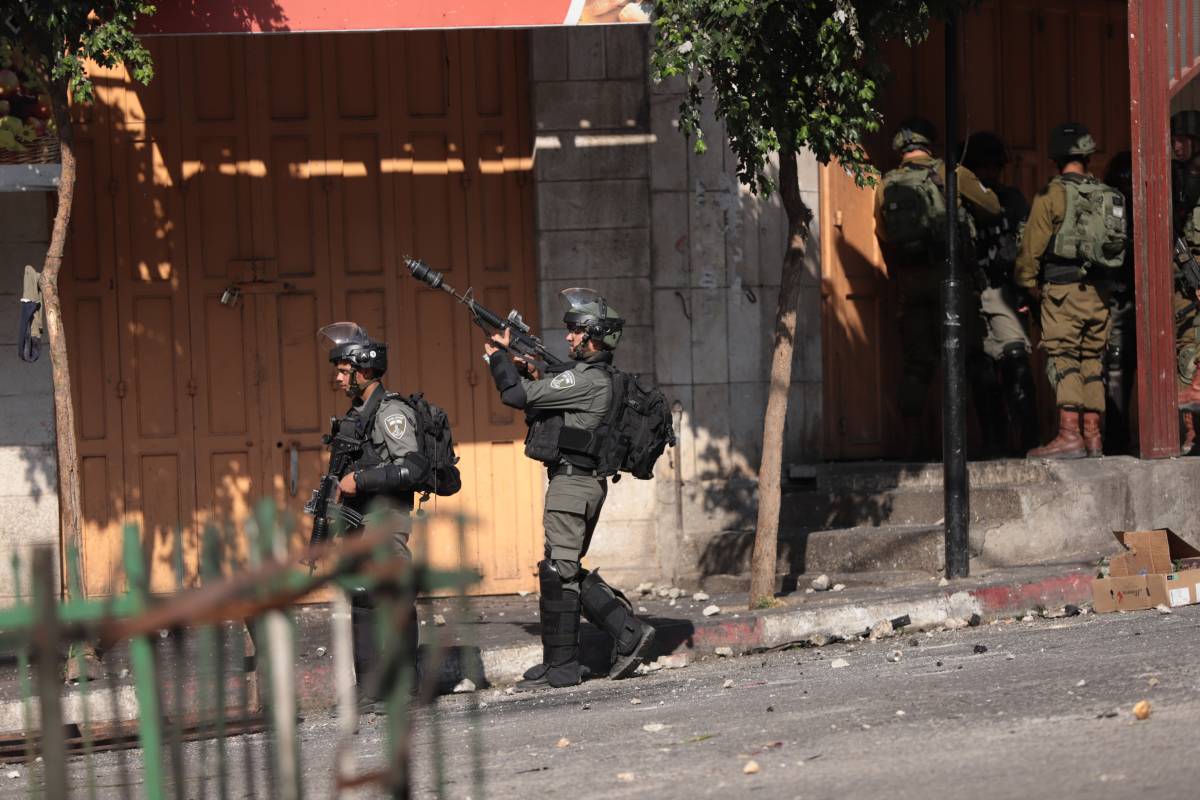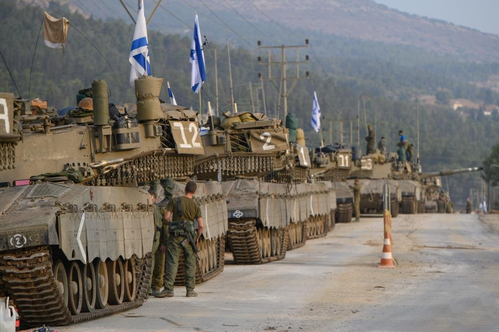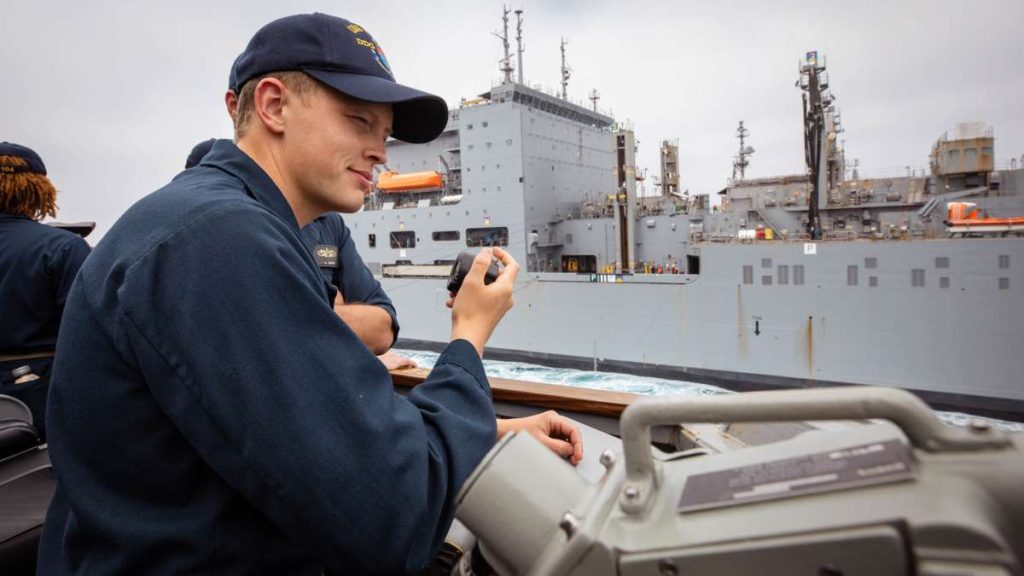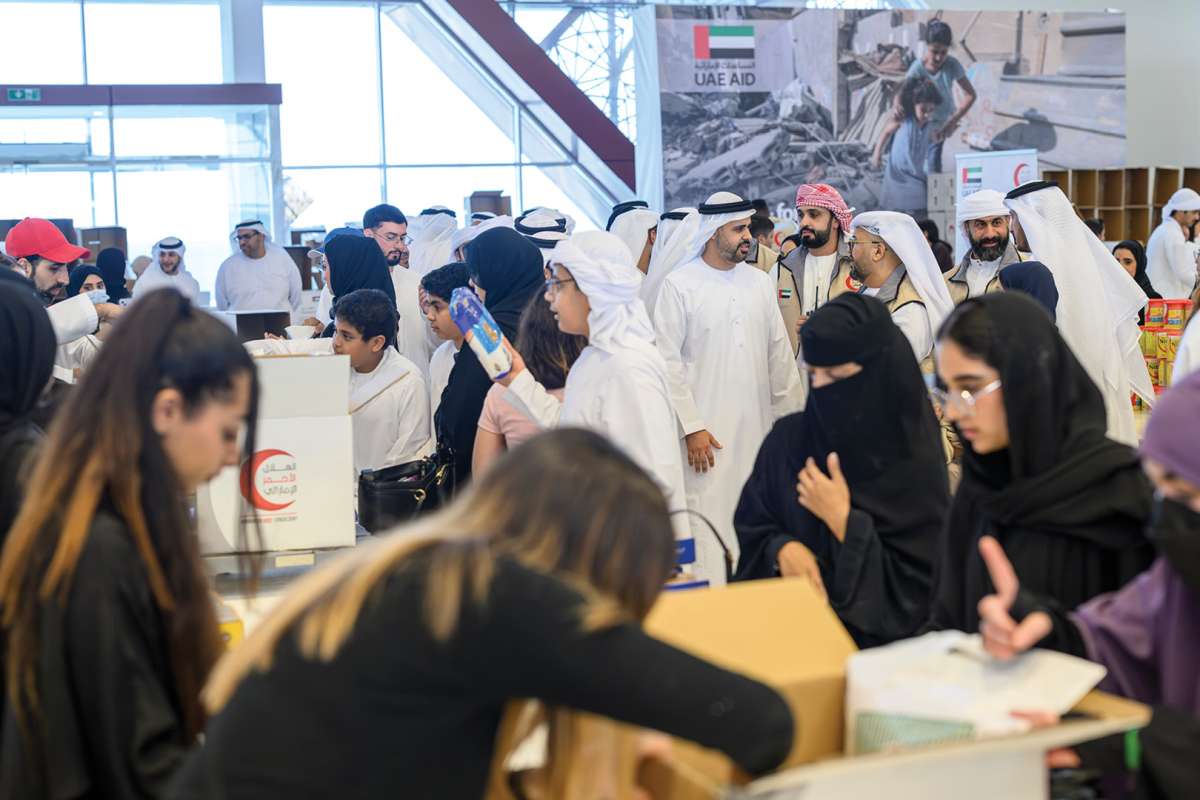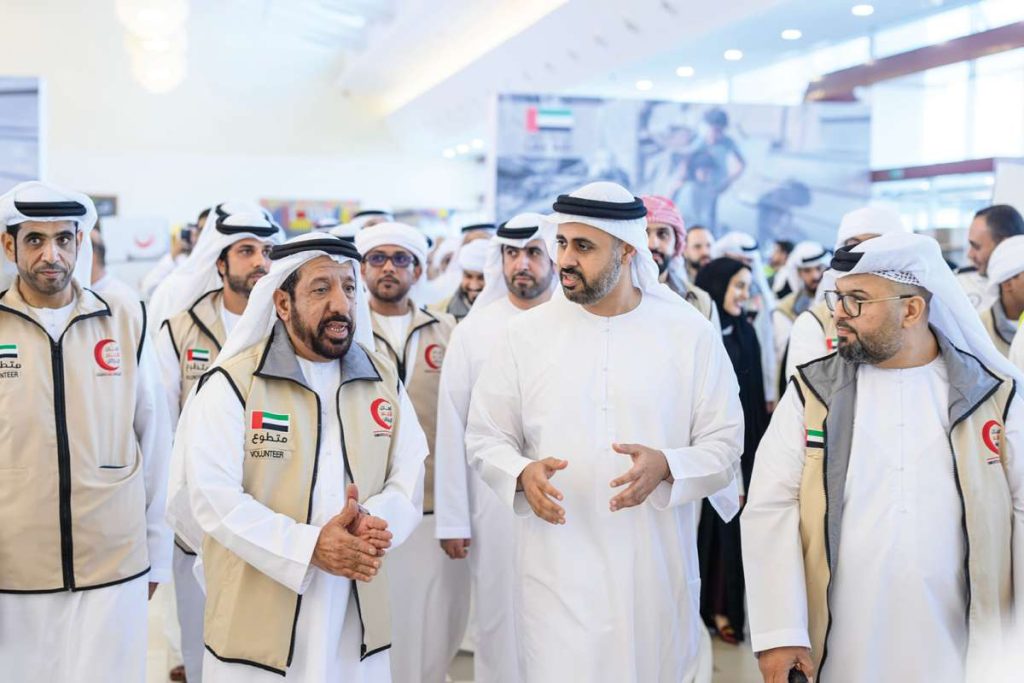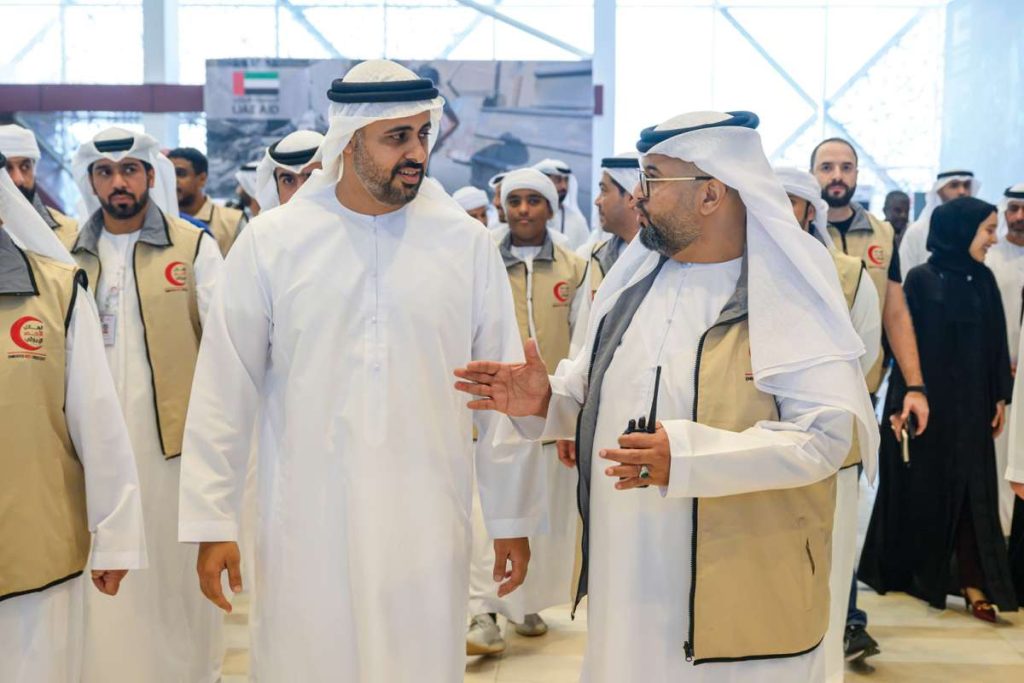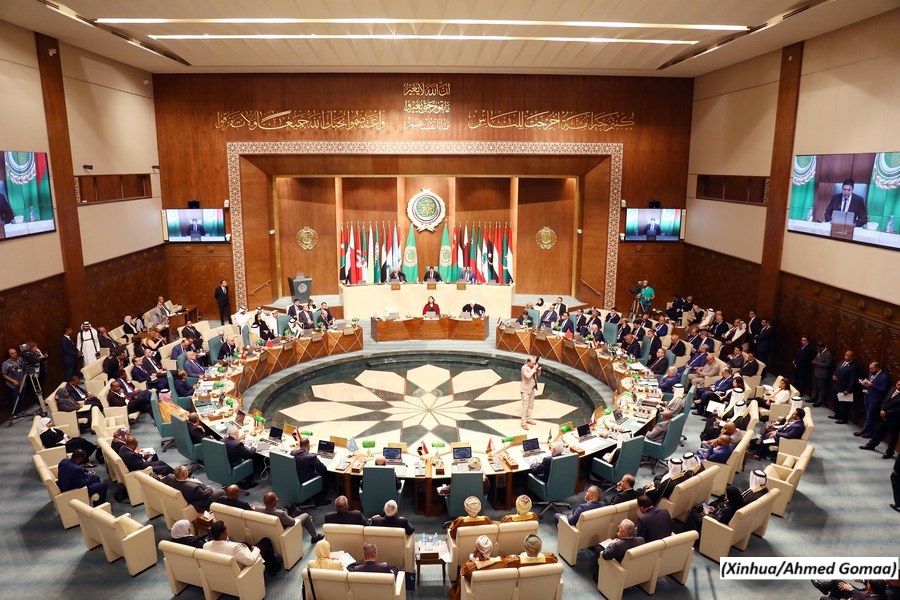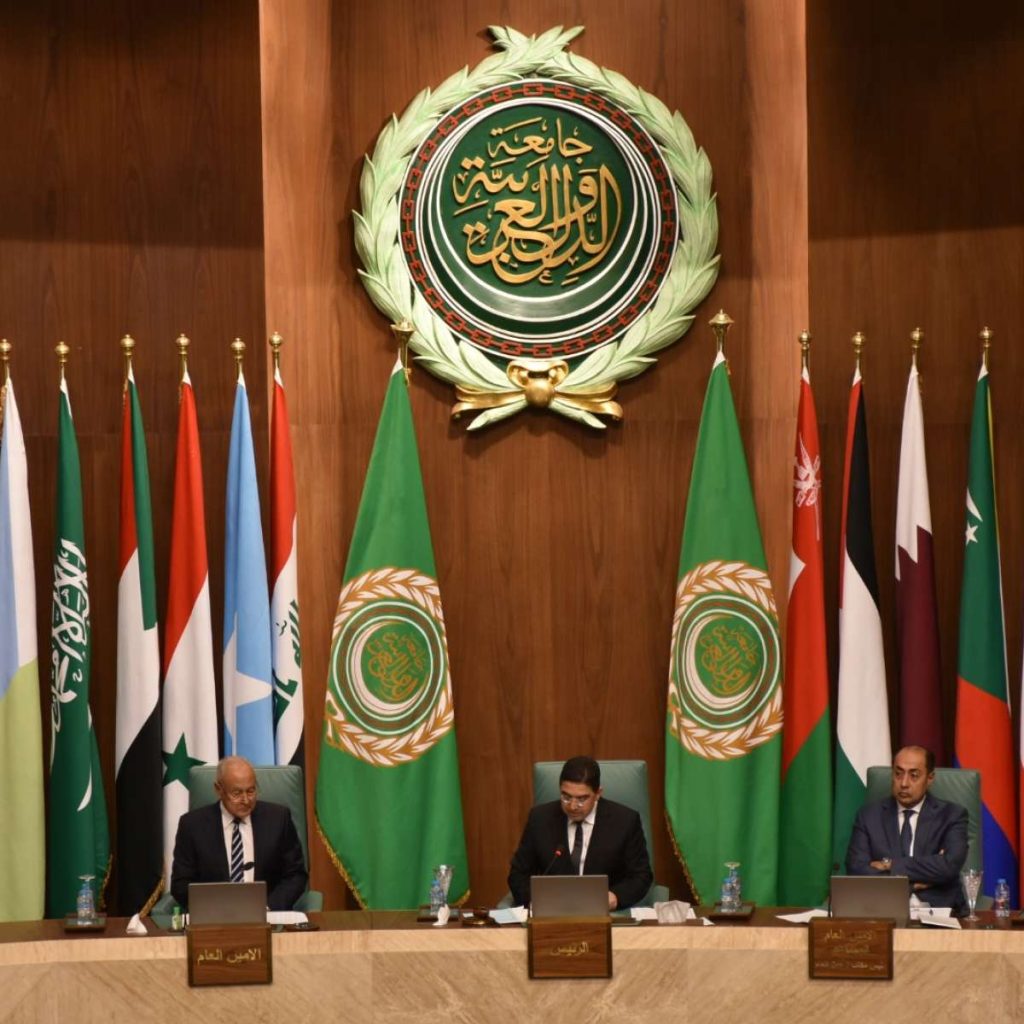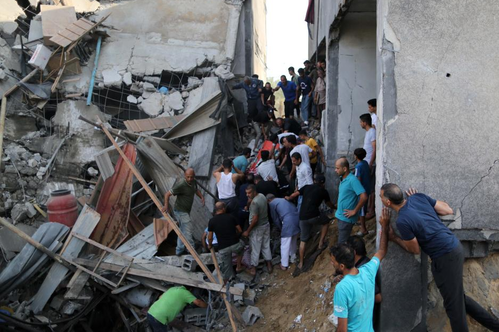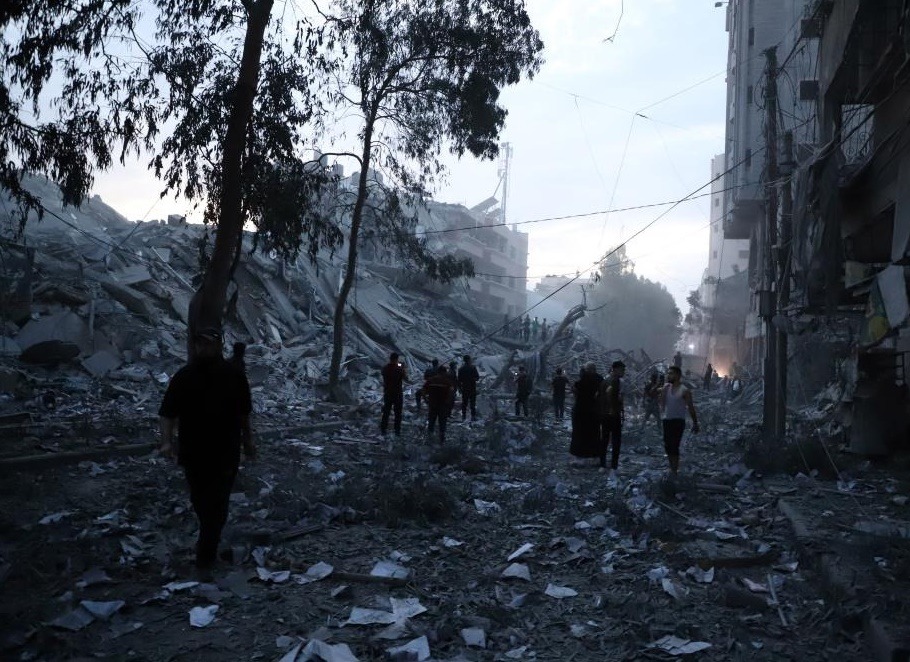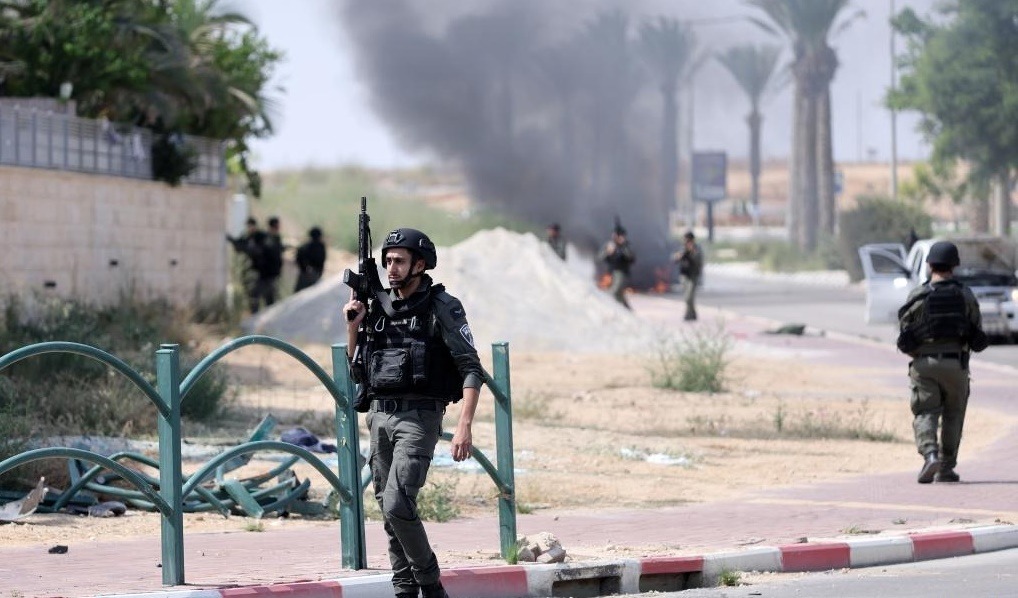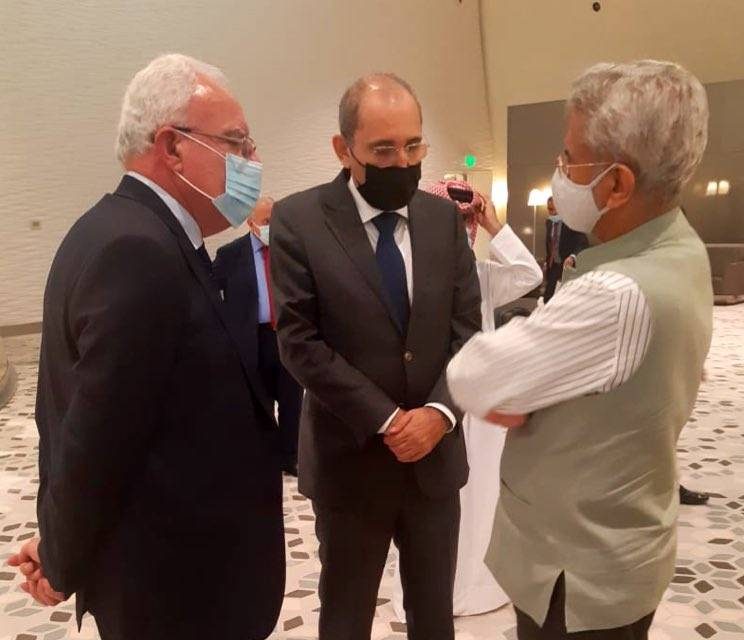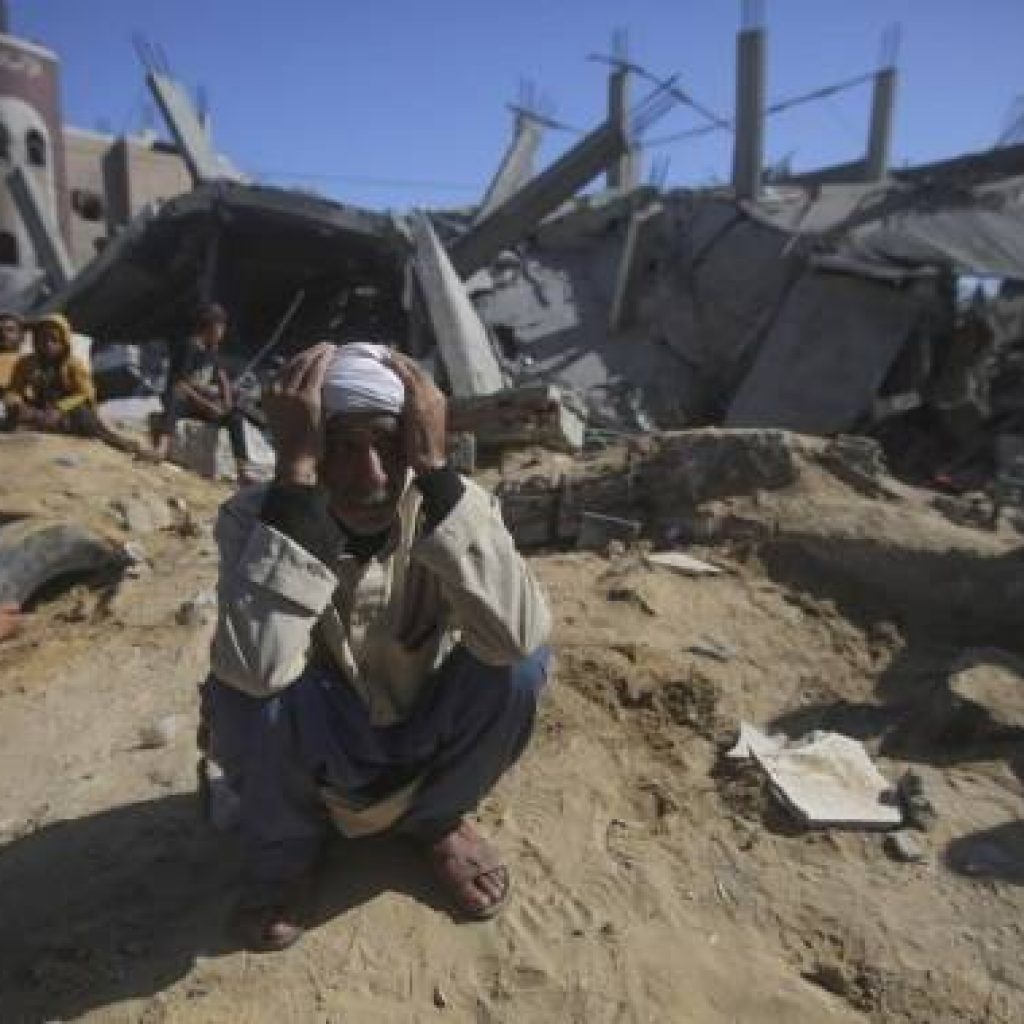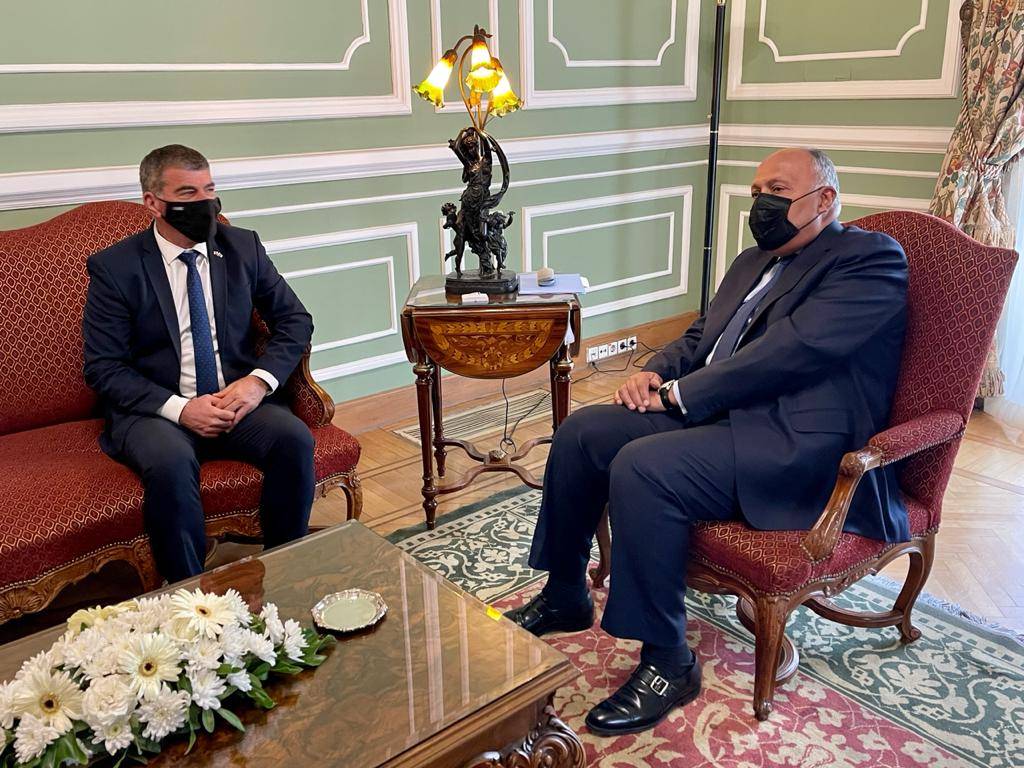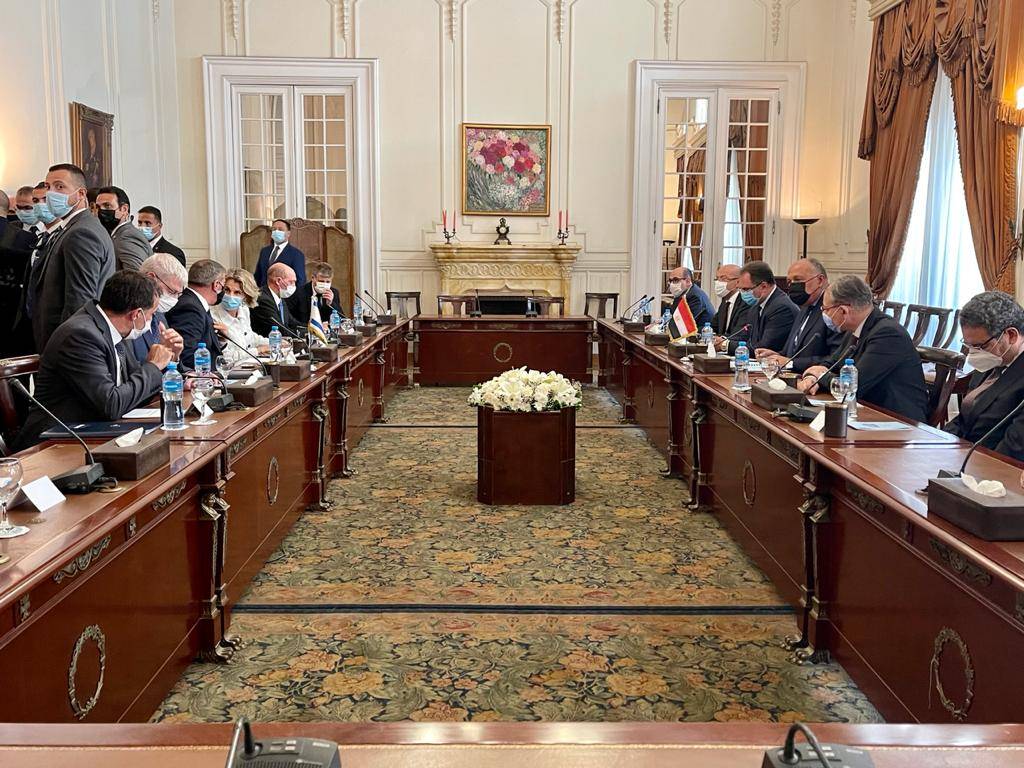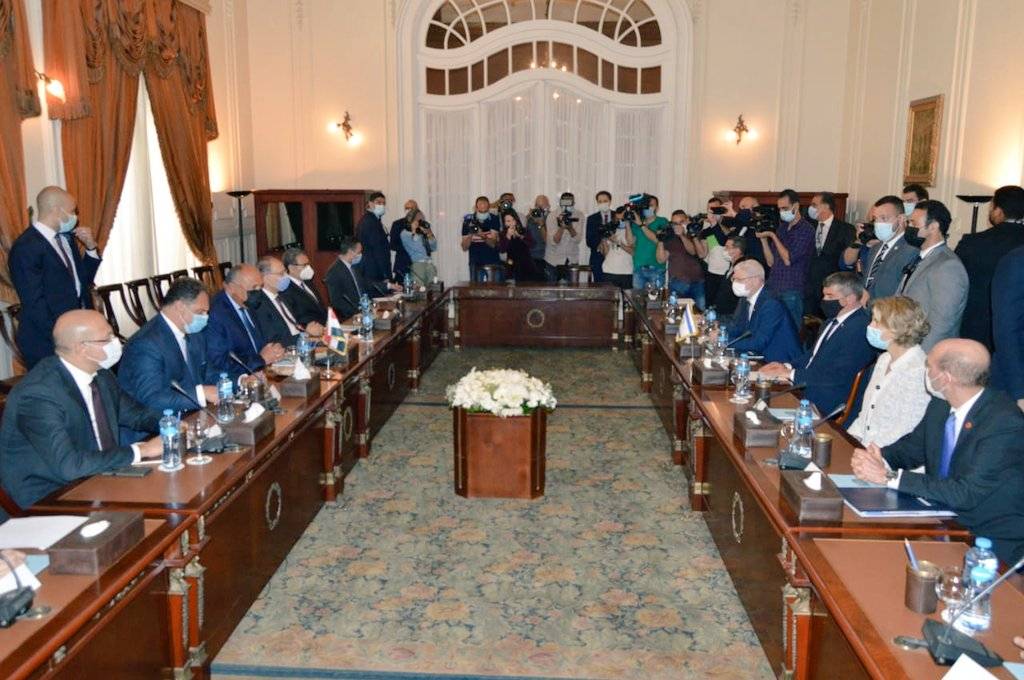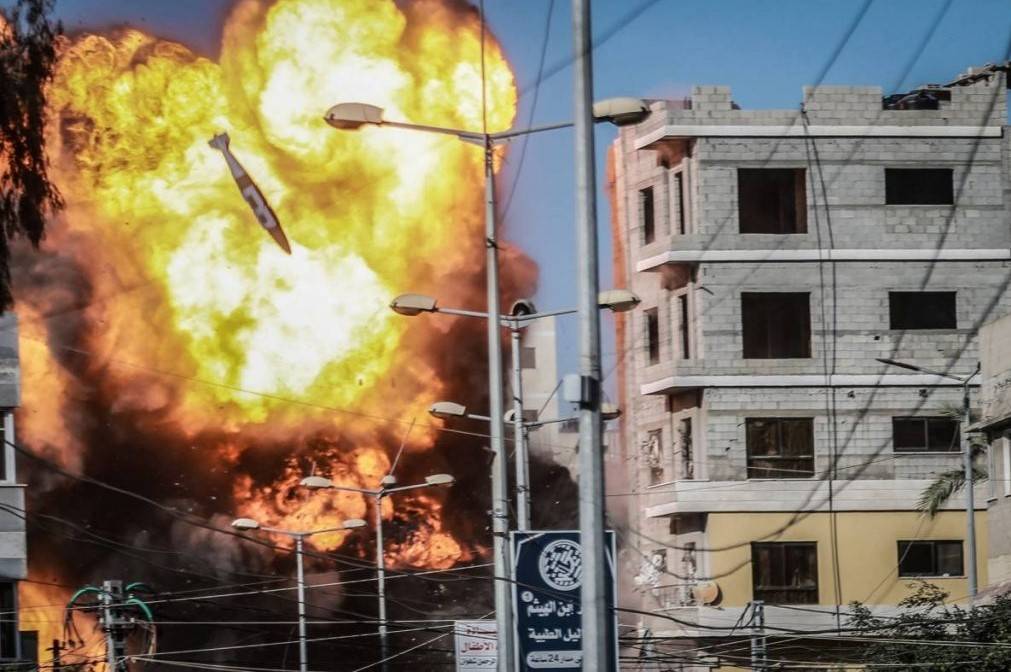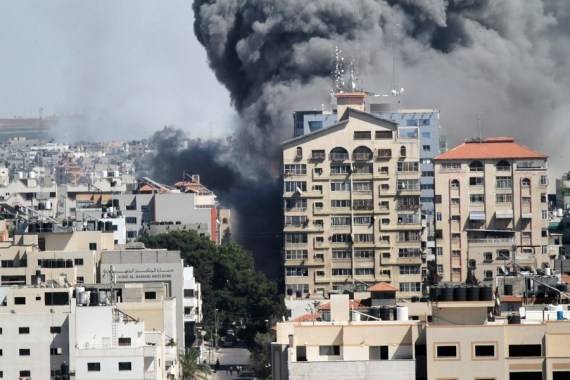Nearly 70 per cent of those reported killed in Gaza are children and women…reports Asian Lite News
UN Agency for Palestine Refugees (UNRWA) commissioner-general Philippe Lazzarini has said the killing of thousands of children in Gaza cannot be “collateral damage.”
Nearly 70 per cent of those reported killed in Gaza are children and women, Xinhua news agency reported.
“Save the Children, an international non-governmental organisation, reported that nearly 3,200 children have been killed in Gaza in just three weeks. This surpasses the number of children killed annually across the world’s conflict zones since 2019,” he said. “This cannot be ‘collateral damage.'”
Churches, mosques, hospitals, and UNRWA facilities, including those sheltering displaced people, have not been spared. Too many people have been killed and injured while seeking safety in places protected by international humanitarian law, he told the Security Council.
“The atrocities of Hamas do not absolve Israel from its obligations under international humanitarian law. Every war has rules, and this one is no exception,” he said.
The current siege imposed on Gaza is collective punishment, said Lazzarini.
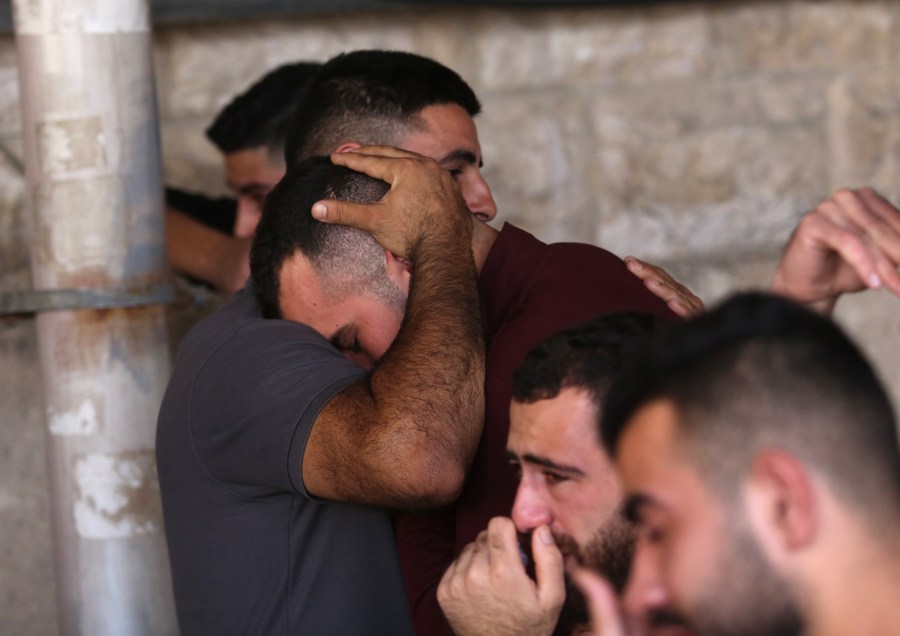
Two weeks of full siege followed by the trickle of aid last week mean that basic services are crumbling and that medicine, food and water, and fuel are running out. The streets of Gaza have started overflowing with sewage, which will cause a massive health hazard very soon, he said.
In the latest blow, the communications blackout over the weekend has aggravated the panic and distress of people, he said.
The blackout meant that people could not communicate with their loved ones inside Gaza to know who was dead and who was alive, that they no longer knew whether they would receive bread from UNRWA, that they felt abandoned and cut off from the rest of the world, he said.
The communications blackout has accelerated the breaking down of civil order. Panic pushed thousands of desperate people to head to the UNRWA warehouses and distribution centers. A further breakdown in civil order will make it extremely difficult, if not impossible, for UNRWA to continue operating. It will also make it impossible to bring in convoys, he warned.
“I say this while being fully aware that UNRWA is the last remaining lifeline for the Palestinian people in Gaza.”
The horrific attacks by Hamas in Israel on October 7 were shocking. The relentless bombardments by the Israeli Forces of the Gaza Strip are shocking. The level of destruction is unprecedented, the human tragedy is unbearable, said Lazzarini.
One million people, half the population of Gaza, were pushed from the north of the Gaza Strip toward the south in three weeks. The south, however, has not been spared from bombardment, with significant numbers of people killed, he said. “I have said many times, and I will say it again: no place is safe in Gaza.”
What happened and continues to happen is forced displacement. Over 670,000 displaced people are now in overcrowded UNRWA schools and buildings. They live in appalling, unsanitary conditions, with limited food and water, sleeping on the floor without mattresses, or outside in the open, he said.
Lazzarini said there must be strict adherence to international humanitarian law. This means civilians and civilian infrastructure, including UN premises, schools, hospitals, places of worship, and shelters hosting civilians, must be protected all over the Gaza Strip and at all times. This is not an option, it is an obligation.
He called for a safe, unimpeded, substantial and continuous flow of humanitarian aid, including fuel, into Gaza and across the strip. For this to happen, there is a need for an immediate humanitarian cease-fire.
“An immediate humanitarian cease-fire has become a matter of life and death for millions. The present and future of Palestinians and Israelis depend on it. I urge all (UN) member states to change the trajectory of this crisis, and work toward a genuine political solution – before it’s too late,” said Lazzarini.

